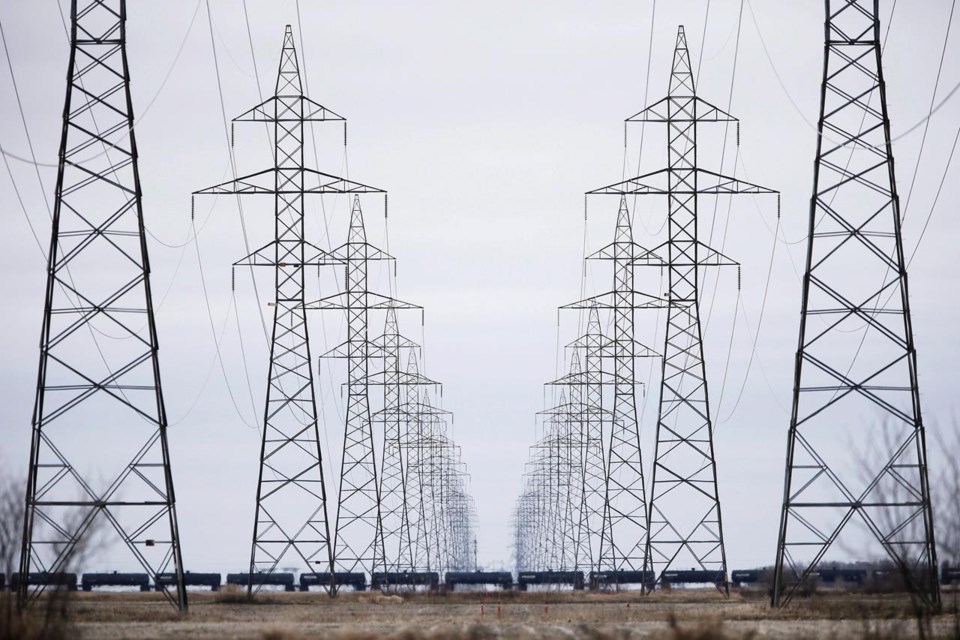WINNIPEG ŌĆö Manitoba is looking at boosting wind power and encouraging conservation ŌĆö perhaps by charging customers different rates at peak hours ŌĆö as part of a new long-term energy plan at Crown-owned Manitoba Hydro.
The province needs to at least double, and possibly triple, its current hydroelectric generating capacity of 6,600 megawatts by 2050, the government said in a 20-page report released Friday.┬Ā
Major industries are investing in the province because of its clean and inexpensive electricity, the document states. Manitoba has among the lowest rates in North America, behind Quebec.
The growing use of electric vehicles is also expected to drive up demand.
However, with the utility already dealing with high debt loads ŌĆö recent construction of two dams and a massive transmission line helped triple the utility's debt over a 15-year period ŌĆö the utility is looking to wind power to build capacity.
"Generating stations, unless power costs go to some stratospheric number, are likely not the medium-term, next 15- to 20-year solution, at all," said Edward Kennedy, Manitoba Hydro's board chair.
"It's going to be renewables, likely wind, with duration storage."
Adding capacity to store power would help the utility deal with peak demand during the cold winter months, he added.
The utility is also looking for ways to encourage people to shift some of their electricity use away from peak hours. That could include using smart meters to charge people higher rates at peak times and lower rates on evenings and weekends.
"We will see, in some way, shape or form, ways to encourage Manitobans to shave the peak," Kennedy said.
The Opposition New Democrats said the idea, which they call surge pricing, is wrong.
"That means forcing you to pay more money for Hydro at the times when you need it most," NDP Leader Wab Kinew said.
More details on Manitoba Hydro's future are expected next week, when the utility is scheduled to release its integrated resource plan. That documentwill be aimed at outlining the utility's next steps in meeting energy needs over the next five years.┬Ā
The utility has already taken some steps to keep demand from rising quickly. In December, the province slapped an 18-month moratorium on any new connections of cryptocurrency operations to the hydroelectric grid, citing a potential for overwhelming energy demand.
The Progressive Conservative government eased some of the financial strain on the utility last year by halving the annual fees it charges Hydro for water rentals and debt financing.
That prompted the utility to reduce its forecast annual rate hikes in the coming years to two per cent.┬Ā
Premier Heather Stefanson, facing an election scheduled for Oct. 3, reiterated Friday a promise to keep Manitoba Hydro public.┬Ā
"I want to make it very clear to Manitobans that Manitoba Hydro is not for sale," she said.
This report by The Canadian Press was first published July 28, 2023
Steve Lambert, The Canadian Press



